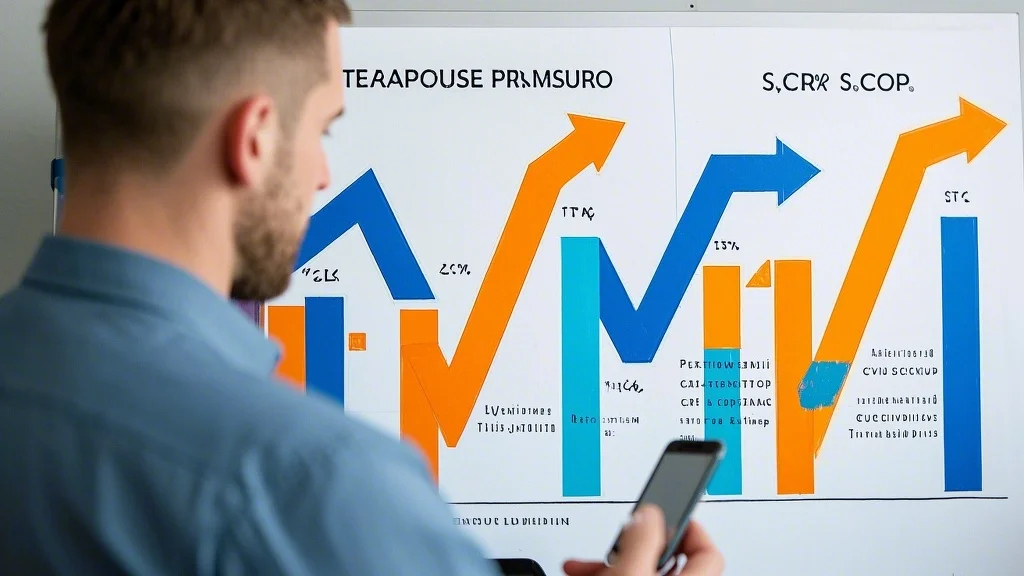Essential tax planning for small businesses fundamentals
Specialized tax planning for entrepreneurs techniques

Integrating tax-efficient wealth management strategies
Small business success requires combining operations with tax-efficient wealth management principles. Asset protection strategies like holding companies can safeguard business assets while providing tax advantages. Captive insurance arrangements allow qualifying businesses to deduct premiums while building reserves. Family limited partnerships (FLPs) facilitate intergenerational wealth transfer while maintaining control. The most sophisticated tax-efficient wealth management for business owners coordinates retirement plans with taxable investments to optimize overall tax exposure. Donor-advised funds offer charitable deduction opportunities while allowing business owners to support causes important to them. Business valuation discounts for lack of marketability or minority interests can reduce estate tax liabilities. These strategies require coordination between business accountants, wealth managers, and estate planning attorneys to ensure all aspects work harmoniously toward the owner’s financial goals.
Maximizing tax deductions for investors in business ventures
Business owners who invest in other ventures need specialized knowledge of tax deductions for investors. Passive activity loss rules require careful navigation to ensure deductions are fully utilized. At-risk basis limitations impact how much loss can be deducted from certain investments. Business interest expense deductions have undergone significant changes in recent years that investors must understand. The most effective use of tax deductions for investors involves maintaining detailed records of all investment-related expenses, from advisory fees to research costs. Opportunity zone investments provide unique tax deferral and elimination benefits for capital gains reinvested in qualifying areas. Real estate professional status can unlock additional deductions for active participants in property investments. Business owners should work with tax professionals who understand both their operating business and investment activities to ensure all available deductions are properly claimed.
Practical income tax optimization tips for business owners
Beyond complex strategies, small business owners benefit from implementing straightforward income tax optimization tips. Timing equipment purchases to maximize Section 179 and bonus depreciation deductions can significantly reduce taxable income. Employee benefit programs like transportation reimbursements and educational assistance provide tax-advantaged compensation options. Accountable plans ensure business expense reimbursements remain nontaxable to employees while deductible to the business. The simplest income tax optimization tips often involve basic discipline – making quarterly estimated tax payments to avoid penalties, reconciling books monthly to catch errors early, and retaining documents for the full statute of limitations. Business owners should conduct annual tax planning meetings with their CPAs to review strategies before year-end when most optimization opportunities still exist. Digital tools that sync business accounts with accounting software can simplify expense tracking and provide real-time visibility into tax liabilities throughout the year.
Comprehensive tax planning for long-term success
The most successful small businesses integrate all aspects of tax planning for small businesses with tax-efficient wealth management and personal financial goals. This holistic approach considers how business entity structure impacts retirement planning, how growth strategies affect future tax brackets, and how exit planning influences long-term wealth preservation. Business owners should establish relationships with a team of professionals including a CPA, business attorney, and financial advisor who collaborate on their behalf. Regular strategy sessions ensure tax planning evolves with the business lifecycle – from startup phase to maturity and eventual transition. The most valuable tax strategies often require multi-year implementation, making early and ongoing planning essential. By viewing tax optimization as an integral part of business operations rather than an annual compliance exercise, small business owners position themselves for maximum financial success throughout their entrepreneurial journey.
